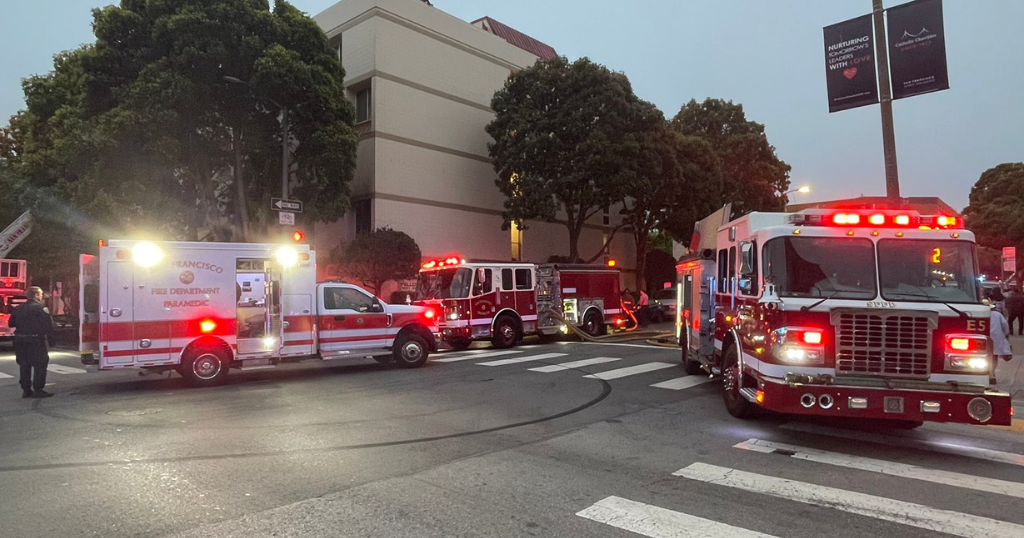Man Accused Of Smuggling Electronics To Russia Faces Charges In SF Federal Court
SAN FRANCISCO (CBS SF) -- A Russian-born Estonian citizen has been extradited to face charges in federal court in San Francisco of illegally buying specialized microelectronic components and smuggling them to Russia.
Valery Kosmachov, 66, a Russian native who became a naturalized Estonian citizen, was indicted under seal by a federal grand jury in San Francisco on Sept. 21, 2017.
He was arrested in Tallinn, Estonia, one year later and was extradited to the United States on March 14.
The indictment, unsealed Wednesday, alleges that some of the smuggled chips and other components had potential military as well as civilian uses.
Kosmachov and a co-defendant named in the indictment, Russian citizen Sergey Vetrov, 66, are accused of using two Estonian companies they owned as fronts to export the components between 2012 and 2014 by representing that the end users were in Estonia. They allegedly then smuggled the items to Russia.
Vetrov has not been apprehended, according to U.S. Attorney's Office spokesman Abraham Simmons. The U.S. and Russia do not have an extradition agreement.
Kosmachov pleaded not guilty to the charges before a federal magistrate in San Francisco on March 15. At another court appearance on Wednesday, he waived a detention hearing and agreed to remain in custody for the time being.
Kosmachov's next appearance is before U.S. District Judge William Orrick on March 28.
Kosmachov and Vetrov are each accused of 52 counts of 52 counts of conspiracy, money laundering and violation of the federal International Emergency Economic Powers Act, which forbids the unlicensed export of items of potential military use.
The charges include conspiracy to export unlicensed electronic components to Russia; 12 counts of exporting unlicensed items; 21 counts of smuggling items by means of false paperwork; conspiracy to launder money; and 17 counts of laundering money by transferring funds from an Estonian bank to U.S. banks to pay for the exports.
The charges each carry possible maximum sentences of 10 to 20 years in prison if the defendants are convicted.
The International Emergency Economic Powers Act, enacted by Congress in 1977, authorizes presidents to declare a national emergency to regulate international commerce when there is an unusual or extraordinary threat to the nation's security, foreign policy or economy.
Since 2001, according to the indictment, U.S. presidents have used that authority to order continuous one-year extensions of the Export Administration Act, which expired in 2001 and which restricted the unlicensed export of items with potential military use.
© Copyright 2019 CBS Broadcasting Inc. and Bay City News Service. All Rights Reserved. This material may not be published, broadcast, rewritten or redistributed.



